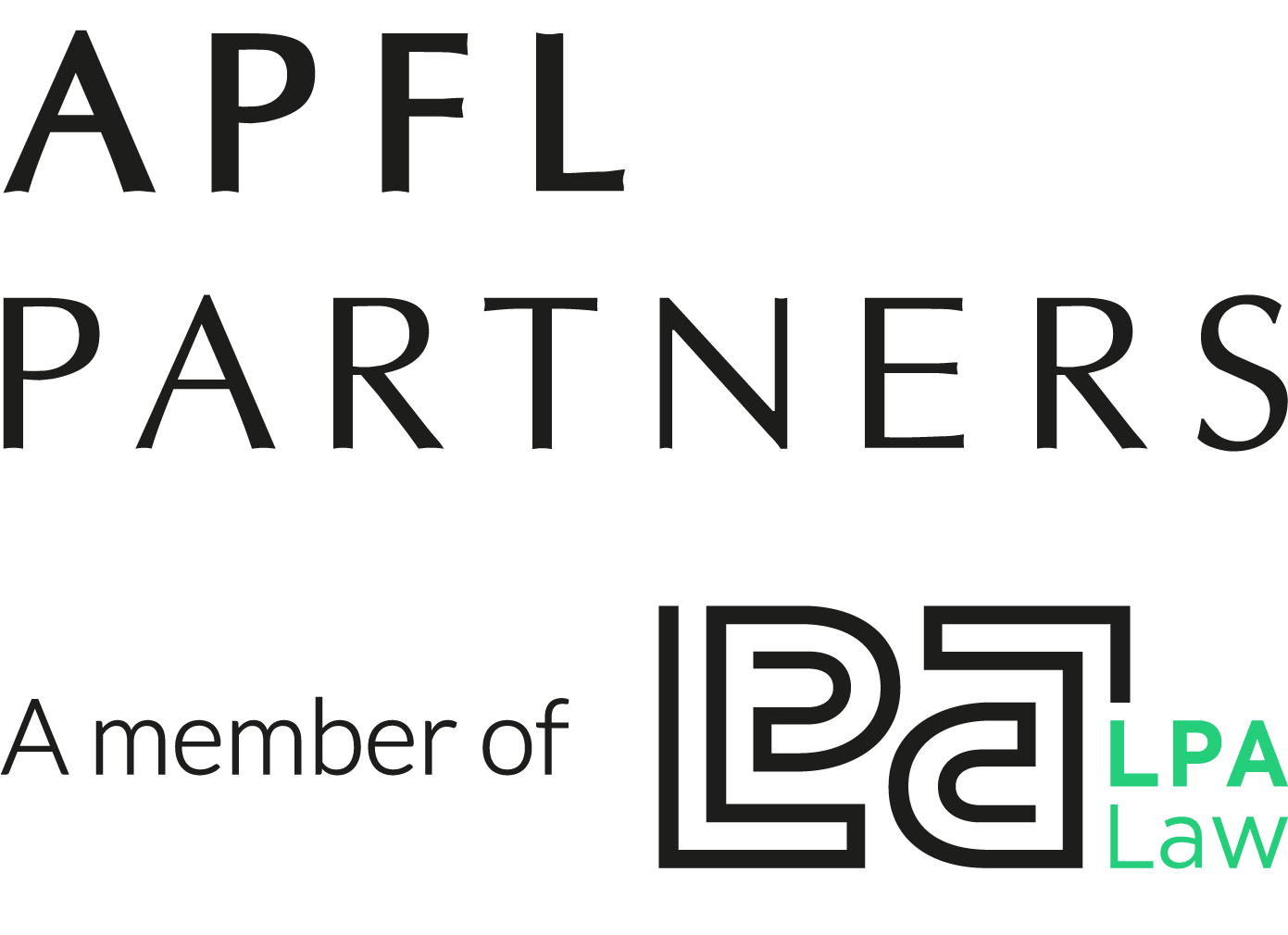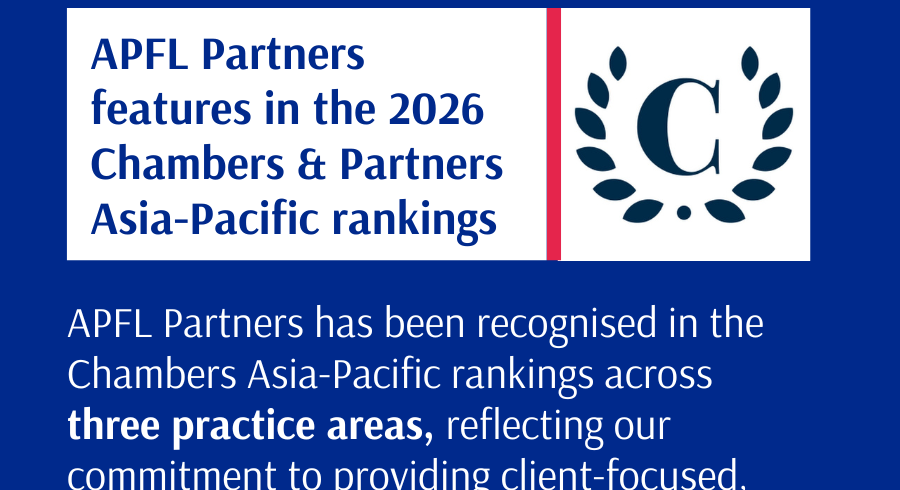Vietnamese Start-up Sector Strong but Bottlenecks Remain

Vietnam ranks third in the volume and value of start-up investment deals in Southeast Asia, according to a new report released earlier this month at the 2024 Vietnam Innovation Forum.
Coming behind just Singapore and Indonesia, the report found that Vietnamese start-up companies attracted USD 529 million in investment in 2023. However, despite regaining third place in the region in terms of total investment value, this was a drop of 17 per cent compared to 2022.
Vietnam also retained third spot in the region in terms of the number of start-up investment deals, with 122 concluded in 2023. Once again, this was a nine per cent fall compared to 2022. However, in light of a global fall of 35 per cent, Vietnam remains an attractive destination for start-ups.
In 2023, Vietnam had around 3,800 start-up companies, 11 of which were valued at more than USD 100 million. Meanwhile, there is a nationwide network of 84 start-up incubators in major hubs like Hanoi, Da Nang, and HCMC.
A legal framework to incubate innovation
Digital transformation is one of the government’s main priorities, as we have covered before. In that spirit, the legal framework has evolved to foster a fertile start-up sector and encourage more entrepreneurs to start a new business.
For instance, in 2018, the first official legal definition of start-up companies was provided in the Law on Support for Small and Medium-sized Enterprises (“SMEs”). Then, in 2019, Decision No. 1269/QT-TTg presaged the establishment of a new National Innovation Center (“NIC”) under the Ministry of Planning & Investment (“MPI”) to connect local entrepreneurs with global tech giants like Google.
The government has also introduced certain exemptions, such as preferential interest rates when borrowing investment capital, preferential rates of Corporate Income Tax (“CIT”), and financial or land-rent assistance for start-ups which meet certain conditions.
Major cities and provincial authorities are also getting in on the act, introducing policies to encourage start-up innovation in their localities. For instance, under Resolution 98/2023/QH15, HCMC has implemented preferential policies – such as tax exemptions and other support measures – to incubate innovation, establish 200 start-ups, and support companies to secure venture-capital (“VC”) investment.
Regulatory roadblocks remain
However, despite positive headline figures, challenges remain for entrepreneurs wanting to establish start-ups in Vietnam. For instance, VC investors have been highlighting for some time the need to revise Decree 38/2018/ND-CP (“Decree 38”) which defines start-ups and investment in SMEs.
The NIC is hoping to revise Decree 38 in 2024, mindful of the fact that capital constraints, investor difficulties exiting companies or transferring their capital overseas, and few domestic Initial Public Offerings (“IPOs”) create a continued barrier to investment.
For more information about the regulations and exemptions available to start-up companies in Vietnam, please contact us on: contact@apflpartners.com
Disclaimer: This article and its content are for information only and are not given as legal or professional advice. they do not necessarily reflect all relevant legal provisions with respect to the subject matter. Readers should seek legal or professional advice before taking or refraining to take any action.


